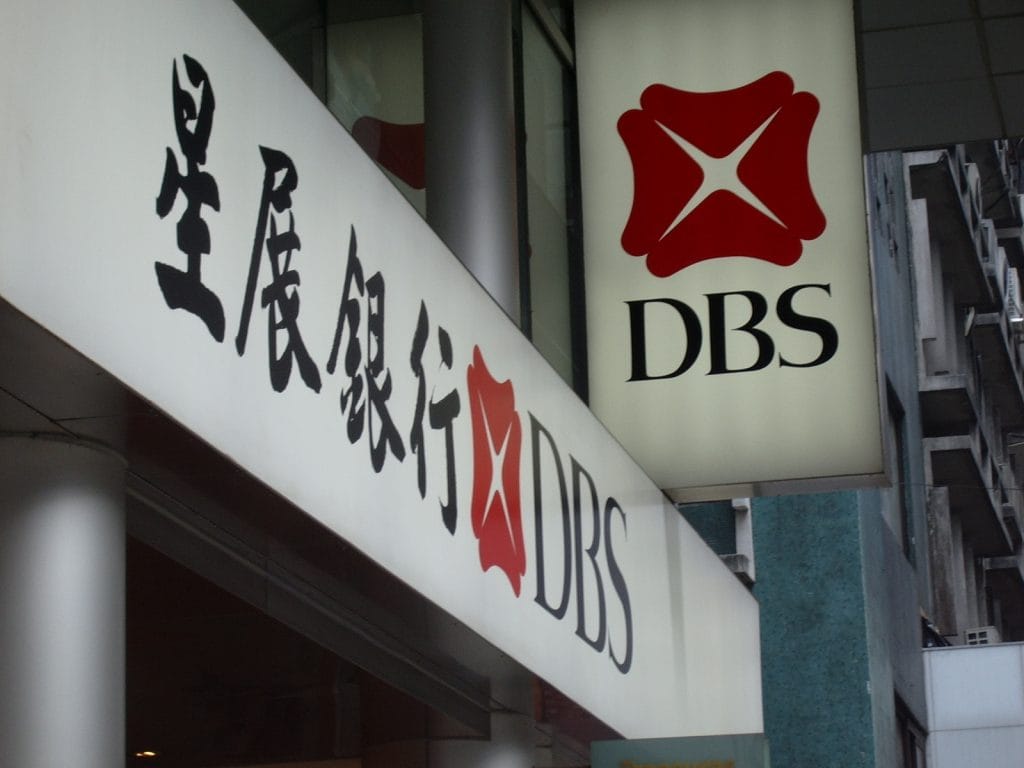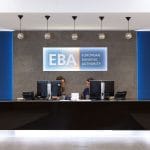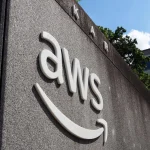DBS, Nan Fung Secure $190M Sustainability Linked Loan Tied to Social Impact

• Five-year HKD 1.5 billion ($193 million) multi-currency sustainability-linked loan ties terms to social value creation across Nan Fung Group’s Hong Kong portfolio.
• First financing structure from the Group to embed a social value Key Performance Indicator, tracking HKD 46.6 million in measured impact as of March 2025.
• Deal strengthens Hong Kong’s sustainable finance agenda as the city expands policies backing carbon neutrality, tenant transition schemes, and community-focused ESG instruments.
Hong Kong formalises a new direction in social value finance
DBS Hong Kong and the Nan Fung Group have closed a five-year, multi-currency sustainability-linked loan valued at HKD 1,500 million, aligning loan terms with the developer’s measured social impact and wider sustainability targets. Structured in the third quarter, the facility deepens the role of social value accounting within Asia’s real estate finance market at a time when investors and regulators are demanding clearer evidence of community benefits and carbon transition pathways.
This deal marks the first time Nan Fung Group has incorporated a social value Key Performance Indicator into a financing structure. The KPI measures the monetary equivalent of the social impact generated across its Hong Kong properties, informed by stakeholder engagement and materiality reviews that shape programming across the Group’s new district-scale developments.
Nan Fung Group reported HKD 46.6 million in social value created or facilitated as of March 2025. The value reflects initiatives focused on social cohesion, elder empowerment, wellness, and sustainable consumption patterns — priorities that align with both Hong Kong’s community development goals and the Group’s SEWIT sustainability framework.
How the KPI works
The embedded KPI allows lenders to evaluate how programming within the Group’s properties translates into measurable community benefit. The methodology assigns monetary value to outcomes such as participation in wellness initiatives, income generation for older adults, and skills development within neighbourhood programmes.
Among the highest-profile examples is the AIRSIDE Sports Date, designed to build wellness and social inclusion among mixed-age groups. The Senior Docent Programme trains older adults and retirees to serve as tour guides at AIRSIDE, creating new income opportunities and social engagement pathways. Meanwhile, the Farming Assistant Programme equips elderly residents with skills to work as part-time farming assistants and exhibition docents, linking urban agriculture, environmental education, and intergenerational learning.
These programmes were selected for their relevance to community needs identified through consultation with tenants, local residents, and social partners. They also align with Nan Fung Group’s emphasis on social cohesion, one of five pillars under the SEWIT framework, alongside environment, wellness, innovation, and technology.
Additional sustainability performance targets
Beyond the social value KPI, the SLL embeds other sustainability performance targets, including the expansion of Nan Fung Group’s Net Positive Lease tenant engagement programme. This initiative encourages tenants to participate in emissions reduction, recycling efforts, and resource-efficiency measures within the Group’s commercial and retail portfolio. The loan is also tied to renewable energy generation targets, linking financing costs to progress on clean power deployment across assets.
For lenders, these conditions introduce clearer oversight on tenant transition measures — a rising priority for institutional investors who view Scope 3 emissions from leased assets as an emerging risk category. For Hong Kong’s property sector, the structure adds competitive pressure to demonstrate credible, verifiable pathways to net-zero operations.
RELATED ARTICLE: DBS Hong Kong and Henderson Land Close $640 Million Sustainability-Linked and Social Loan
Stakeholder perspectives
Boris Chan, Managing Director and Head of Institutional Banking Group at DBS Hong Kong, said, “DBS Hong Kong is thrilled to be a trusted partner of Nan Fung Group with this SLL facility. This SLL reinforces our dedication in promoting sustainable finance and supporting our clients in creating positive social impact for their stakeholders and wider communities. We believe that financial institutions have a pivotal role in driving sustainability initiatives that foster resilient communities and a better environment, and we are proud to contribute to this important mission.”

Vanessa Cheung, Managing Director of Nan Fung Group and SEWIT Committee Chairperson, added, “Nan Fung Group is delighted to partner with DBS Hong Kong on our sustainability journey to create positive value for the community, wider society, and the environment. By linking the loan with sustainability performance targets, we demonstrate the Group’s continued commitment as we take concrete actions to deliver meaningful, measurable social impact and reduce our carbon footprint on the path toward net zero.”

What executives should watch
The use of social value accounting as a loan determinant represents a shift in how Asian real estate groups quantify and disclose non-financial outcomes. For banks, it offers a framework to evaluate performance that goes beyond carbon metrics, capturing how developments function as community assets. For regulators, the structure aligns with efforts to position Hong Kong as a platform for sustainability-driven capital flows, particularly as the city refines its carbon neutrality strategy and advances its green finance taxonomy.
As sustainable finance instruments evolve, deals that integrate community benefit, tenant transition programmes, and verified emissions reductions are likely to become reference points for regional markets. The DBS–Nan Fung collaboration demonstrates how Asian borrowers and lenders are beginning to define that trajectory, positioning Hong Kong as a proving ground for more holistic ESG-linked financing in the years ahead.
Follow ESG News on LinkedIn












